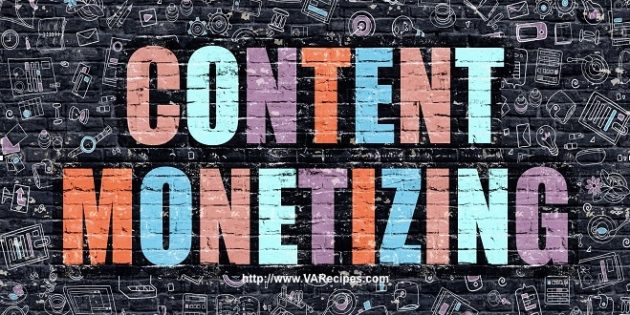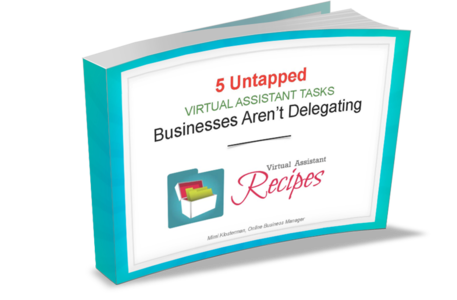Monetizing virtual events, particularly live event content, takes a strategic plan and approach. Decide what you want to achieve and how you’re going to proceed before you plan your content. Then you can naturally fit the monetization tactics in so they feel seamless and subtle.
1. Make monetized action the next logical step.
For example, a business coach giving a virtual event on improving productivity might link to an eBook on the topic, or a paid course. Purchasing the book or the course would be the next logical step to improve productivity and help attendees continue their path of information and benefit.
2. Add urgency to monetizing virtual events.
Set a time limit for add-ons and bonuses, as well as specialty offers. Give event attendees access to specialized information or promotions that others don’t have access to and make that access limited. This motivates people to take immediate action rather than to wait. The bonuses can contain links and calls to action to purchase products or services. The promotions of course should be specially priced deals or packages that aren’t offered at any other time.
3. Make them feel special.
Create unique content, offers, and promotions for your virtual event attendees. Reward them for participating or joining and create a relationship. Offering a discount on your products or services to attendees is a nice way to gain new clients. This can also work for affiliate or joint venture relationships.
4. Charge for the recording.
In monetizing virtual events, if you’re offering your event for free and to those who sign up but cannot attend, record the event and charge a fee for it. It can be a nominal fee (depending on the goals you’ve established) or you can use it to generate a nice passive income. Consider offering bonus content with the paid recording to increase the value.
5. Spontaneous bonus.
Consider surprising your attendees with a bonus offer. Make it seem like something you just created specifically for them. Add scarcity to the offer and make it available to the first five, ten or fifty people who contact you.
6. Create a resources list.
In monetizing virtual events, at the end of your presentation, consider pulling together a list of resources for your audience. This should include links to all products and services mentioned during the event. Include a list of all downloadable materials too. Double check your links to make sure they work.
7. Send an immediate follow up message.
Once the event is over, consider sending an autoresponder email message with a special offer or access to information or services not provided during the event. This gives your attendees one more opportunity to take advantage of the information before it’s unavailable.
8. Exit Action.
In monetizing virtual events, don’t forget a call to action at the end of the event. I’ve seen live events that occurred once a week for four weeks. At the end of each video the host includes links to downloads, supplemental materials and homework. At the end of the very last live class, that’s when she included the call to action to hire her for her services and she’d created an exclusive package just for attendees. It was a compelling and effective approach.
Add one or all of these tips to your live event monetization strategy. Test and track the results so you can fine tune your approach for subsequent events. It takes a little planning, but the return on investment is worth the effort.

